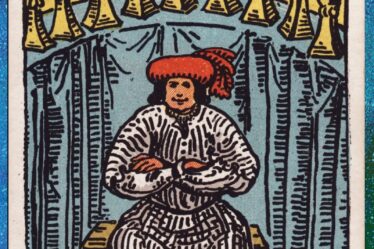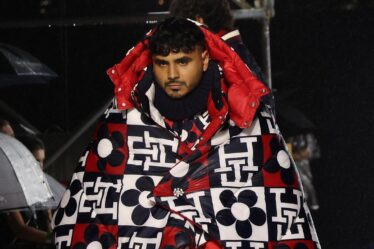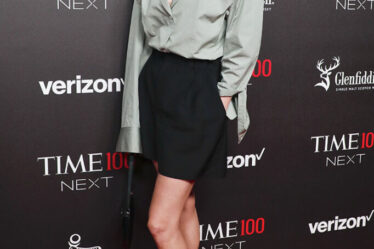

The oldest members of Generation Alpha turn 13 this year – and they’re about to reshape the beauty landscape.
I conducted some preliminary research via a quick Instagram survey last night and immediately learned two things, anecdotally. Gen Alpha is engaging with beauty earlier than their siblings and older family Bir did, and their favourite brands and products are all over the place (Selena Gomez’s Rare Beauty; over-scented body butters from Bath & Body Works or The Body Shop in “Merry Cookie” or mango; lip oils; lip masks and their mothers’ Drunk Elephant products). What we still don’t know, and what will probably take a few more years to crystallise, is exactly who these Gen Alphas are and what they stand for. That’s when this will get interesting.
As this group becomes teenagers with spending power, the beauty industry will bend to meet the demands of its newest customers. It will mirror the last five years, which birthed a deluge of new “Gen-Z brands” with different logos, colour schemes and taglines, and saw older brands scramble to overhaul product offerings and marketing to appeal to Gen-Z. Whatever young people like now will become obsolete by the time Alpha’s come of age.
Established brands can struggle to keep up. In 2016, Estée Lauder launched “The Estée Edit,” an ambitious lineup with over 80 distinct items for millennials ages 18 to 34, with Kendall Jenner as the face. The collection was retired the following year. Last week, Lauder debuted its ombré pink “Nutritious,” a three-product range for Gen-Z that it promoted with a TikTok campaign.
I wonder what the 78-year-old brand’s Gen Alpha-geared efforts will look like, and when it will be released.
Perfection, san serif logos, minimalist branding, millennial pink, “authenticity” and neutrals are cornerstones of millennial culture; Gen Z rewards individuality, experimentation, edge and subversiveness. The latter has an affinity for drugstore or approachably priced brands (which they know, in most cases, aren’t much different than their pricier counterparts), and they prioritise social justice and causes, opting for brands that align with these views.
It would be fitting if today’s pre-teens follow their older siblings’ lead and reject all that. Maybe they’ll decide they like Estée Lauder as is, steeped in heritage, hero products and loyal customers who have been shopping the brand for decades. It’s possible. Each generation is the opposite of its predecessor, and what’s the opposite of neon yellow and green? Lauder’s classic navy and gold colour scheme and script “EL” logo.
It’s still too early to know what Alphas will be about, but what I do know is that they’ll be defined by a fresh belief system, aesthetic and overall attitude towards beauty. Alphas’ older siblings are on Only Fans or trying to be famous online. Does that mean the next generation will be Luddites, or will they take the notion of internet celebrity even further?
During my early years in the adult workforce at WWD, I remember when organisations turned the focus on millennials, my generation. There was endless coverage about people born between 1980 and 1995, their tastes and how brands are appealing to this shopper. A new entrepreneur emerged — the millennial founder — who defined a direct-to-consumer boom that disrupted on channel (online) and price (selling directly to consumers).
I reported on the category extensively, chronicling how Warby Parker, Everlane, Glossier and Bonobos raised millions of dollars to reach their customers directly and online. New beauty lines like Glossier were created expressly for millennials, and legacy names like Estée Lauder realised they had to actively court us with more youthful lines. Eventually, many of the disruptors from the 2010s were deemed “blands” and the beauty industry set its sights on Gen-Z.
It’s all coming full circle. On Tuesday, I read an article in the New York Times about how millennials are approaching middle age. Admittedly, it was a shock to see these words for the first time, but then I reframed my narrative: Gen-Z brands, some of which have a target customer approaching 30, will soon seem passé – and this is very exciting for the industry because it means we’re on the cusp of an entirely new generation of beauty brands, trends and innovations.



